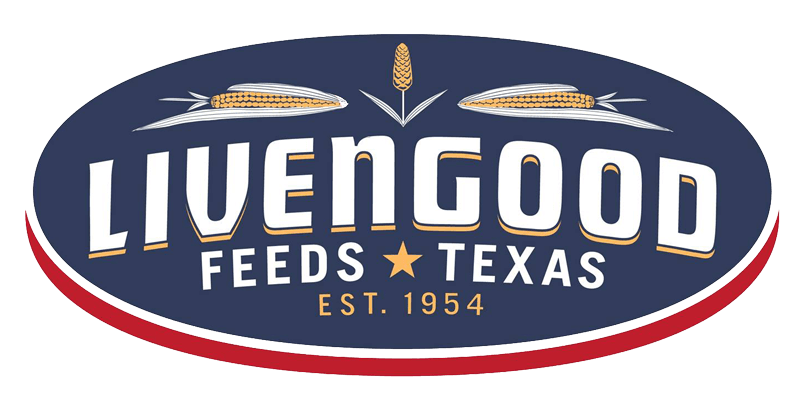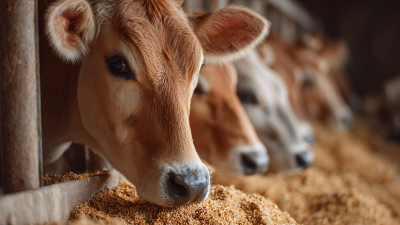The Secret to Healthier Birds: Discovering the Best Quality Poultry Feed for Optimal Growth
In the pursuit of healthier birds and thriving poultry farms, the significance of providing the
"best quality poultry feed" cannot be overstated.
Industry reports indicate that quality feed not only enhances the growth rates of poultry but also significantly improves their
overall health. A recent study by the Poultry Nutrition Association
revealed that optimal feed formulations can lead to a
20% increase in weight gain and a
15% reduction in feed conversion ratios. This demonstrates
the critical role that high-quality nutrition plays in the success of poultry production.
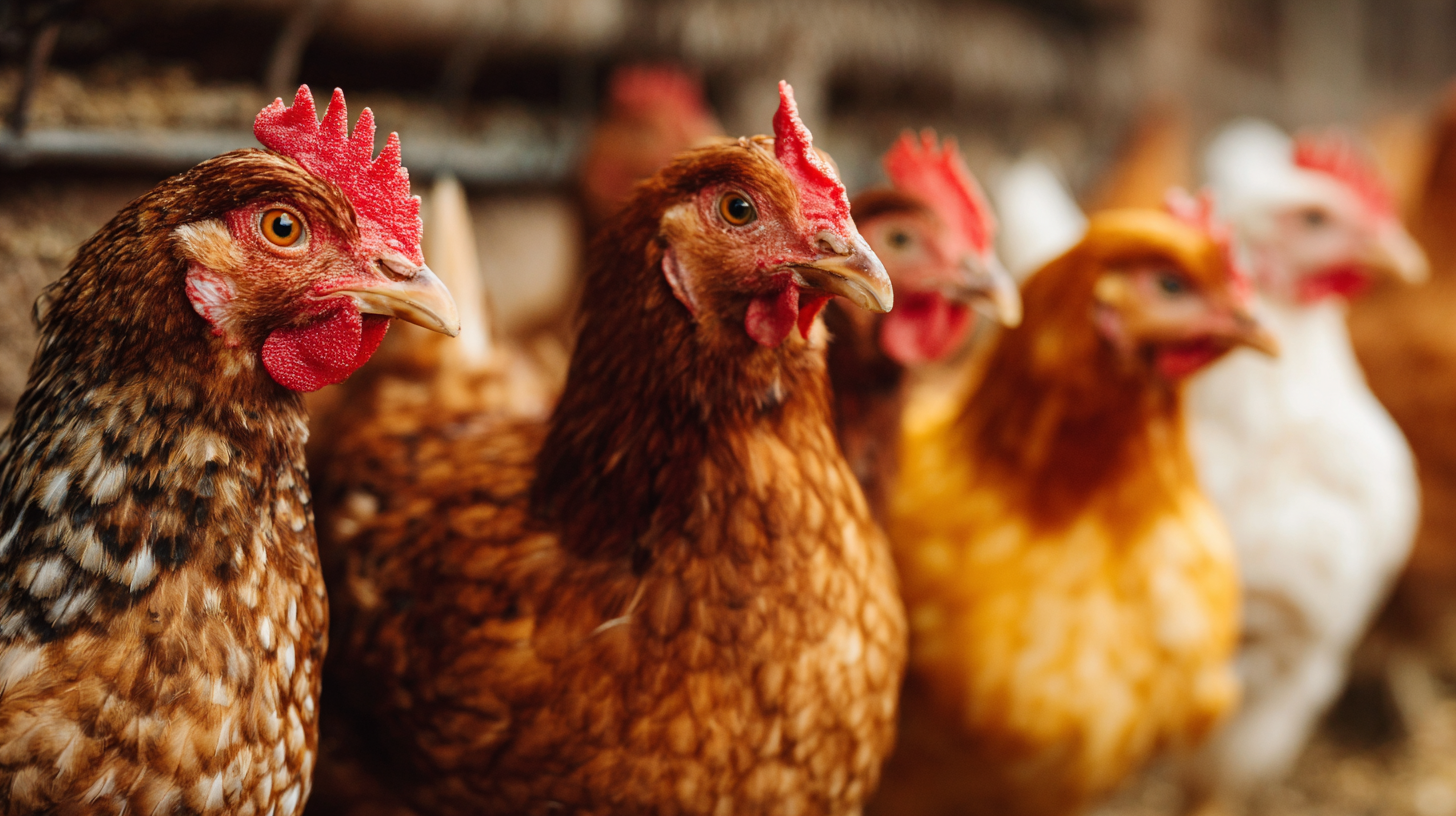 Dr. Sarah Thompson, a leading expert in avian nutrition, emphasizes the necessity of quality feeds in poultry management, stating,
"Investing in the best quality poultry feed is not merely a choice; it is a cornerstone of sustainable poultry farming."
With the growing demand for poultry products worldwide, the adoption of
superior feed standards has become paramount for producers aiming for optimal growth and health in their flocks.
As we delve into the
"Top 10" best quality poultry feeds available today,
it is vital to understand the profound impact that these choices have on both the birds and the larger poultry industry.
Dr. Sarah Thompson, a leading expert in avian nutrition, emphasizes the necessity of quality feeds in poultry management, stating,
"Investing in the best quality poultry feed is not merely a choice; it is a cornerstone of sustainable poultry farming."
With the growing demand for poultry products worldwide, the adoption of
superior feed standards has become paramount for producers aiming for optimal growth and health in their flocks.
As we delve into the
"Top 10" best quality poultry feeds available today,
it is vital to understand the profound impact that these choices have on both the birds and the larger poultry industry.
Choosing the Right Ingredients for Poultry Feed to Enhance Nutrition
Choosing the right ingredients for poultry feed is vital for enhancing nutrition and ensuring optimal growth in birds. Recent studies highlight that a balanced diet comprising essential nutrients can significantly influence the overall health and productivity of poultry. According to a research report by the National Chicken Council, high-quality protein sources, such as soybean meal and canola meal, should constitute a substantial portion of poultry feed to promote muscle growth and egg production. The protein content in feed should ideally range from 16% to 22%, depending on the specific life stage of the birds.
In addition to protein, the incorporation of vitamins and minerals plays an integral role in poultry nutrition. Reports from the Poultry Science Association indicate that vitamins A, D, and E are crucial for maintaining immune function and overall vitality. For instance, vitamin D3 enhances calcium absorption, which is essential for strong bone development and egg shell quality. Furthermore, dietary fiber is increasingly recognized for its benefits in digestion and gut health, with findings from various studies suggesting that integrating sources such as wheat bran can improve feed efficiency and nutrient absorption. Curating a poultry feed that combines these essential ingredients can lead to healthier birds and improved farm profitability.
The Secret to Healthier Birds: Discovering the Best Quality Poultry Feed for Optimal Growth
| Ingredient | Nutritional Benefits | Recommended Percentage | Tags |
|---|---|---|---|
| Corn | High energy source, promotes growth | 40-50% | Energy, Carbohydrates |
| Soybean Meal | High protein content, supports muscle development | 30-40% | Protein, Amino Acids |
| Wheat | Rich in fiber, aids digestion | 10-20% | Fiber, Digestive Health |
| Alfalfa Meal | Rich in vitamins and minerals, boosts overall health | 5-10% | Vitamins, Minerals |
| Fish Meal | Highly digestible protein, omega fatty acids | 2-5% | Protein, Omega-3 |
Understanding the Nutritional Needs of Different Bird Species
Understanding the nutritional needs of different bird species is crucial for their optimal growth and overall health. Each type of poultry, whether it's chickens, ducks, or turkeys, has specific dietary requirements that must be met to promote healthy development. For instance, broiler chickens, which are raised for meat production, require a diet high in protein to support rapid muscle growth, whereas layer hens need a balanced mix of calcium and phosphorus to maximize egg production and shell quality.
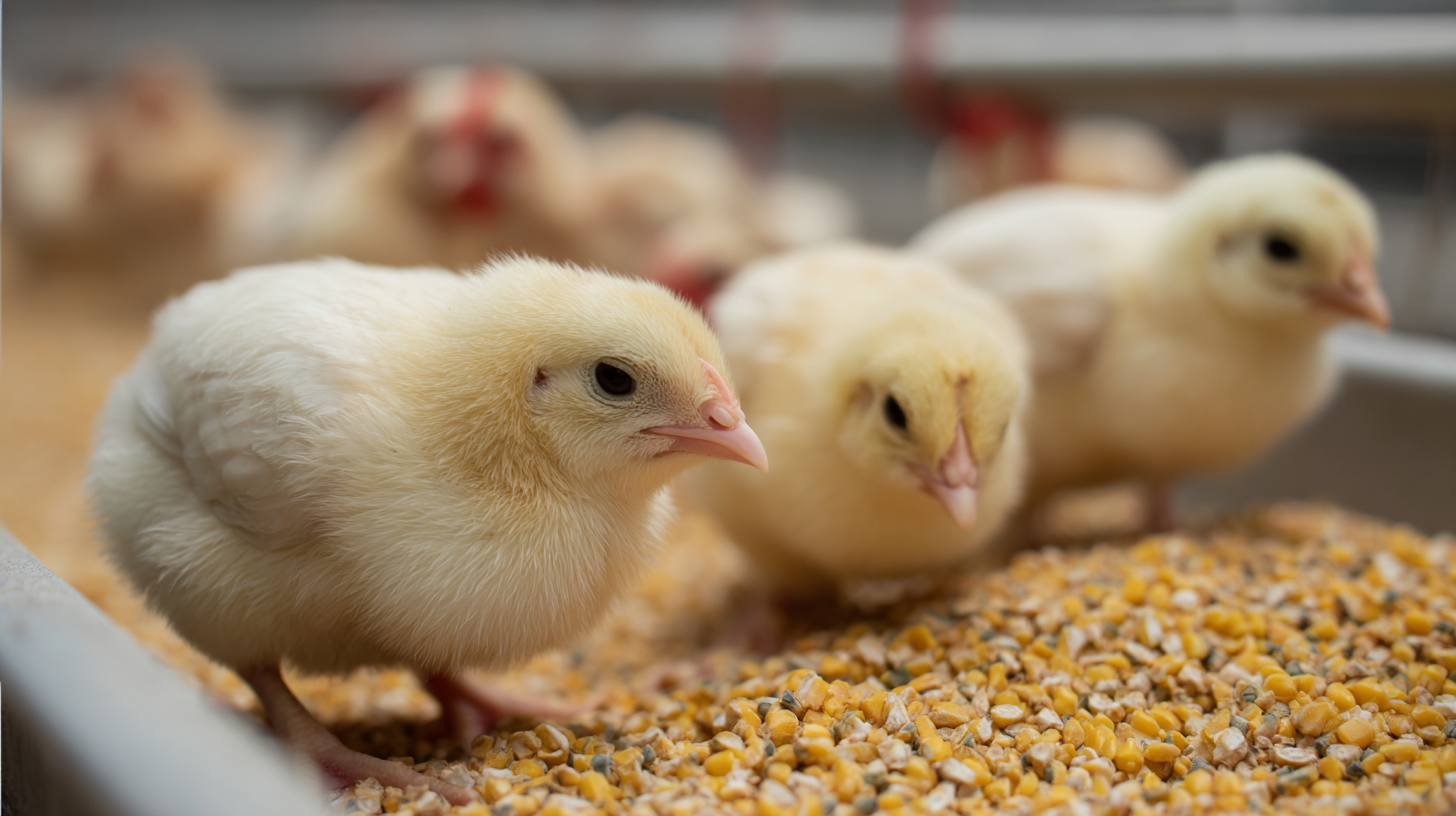
Furthermore, the age and life stage of the birds also influence their nutritional needs. Young birds, like chicks, benefit from starter feeds that are designed to provide essential nutrients for their growth, while adult birds may require maintenance feeds that focus on sustaining their weight and health.
Additionally, factors such as the environment, stress levels, and overall management practices can impact the nutritional requirements of poultry. By tailoring the feed to meet the specific needs of different bird species and their life stages, poultry farmers can ensure healthier birds and improved productivity in their flocks.
Evaluating Feed Quality: Key Factors to Consider
When it comes to raising healthier birds, the quality of poultry feed plays a crucial role in their growth and overall well-being. Evaluating feed quality involves considering various key factors that can significantly enhance the nutritional value and effectiveness of the feed. One critical aspect is the ingredients used; look for feeds that contain high-quality proteins, essential vitamins, and minerals. These components are essential for optimal growth and health.
Tips: Always check for the protein source in your feed. Animal proteins like fish meal or meat and bone meal provide the necessary amino acids that birds need. Additionally, ensure that the feed does not contain fillers or by-products that could dilute its nutritional value.
Another vital factor to examine is the freshness of the feed. Poultry feed should be stored properly to prevent spoilage, which can compromise its quality. Choose feed from reputable suppliers and check the expiration dates to ensure that your birds receive the best nutrition possible.
Tips: Regularly rotate your stock of feed and use first-in, first-out methods in storage. Also, consider incorporating a variety of grains and supplements to diversify your birds' diet, promoting overall health and preventing nutritional deficiencies.
Homemade vs. Commercial Poultry Feed: Pros and Cons
When it comes to raising healthy birds, selecting the right poultry feed is essential. A significant debate has arisen in the industry regarding homemade versus commercial poultry feed. According to a 2021 report from the American Association of Avian Pathologists, approximately 70% of poultry farmers opt for commercial feeds due to their consistency and nutritional value. Commercial feeds are formulated to meet the specific dietary requirements of different bird species, ensuring optimal growth and minimizing the chances of nutrient deficiencies.
On the other hand, homemade poultry feed has gained traction among small-scale farmers who prioritize control over ingredients and cost savings. A study from the University of Kentucky suggests that homemade feeds can be tailored to the exact needs of the flock, potentially reducing feed costs by up to 25%. However, without proper knowledge of nutritional requirements, these homemade blends might risk imbalances that can adversely affect birds' health. Therefore, while both options present their advantages and drawbacks, it becomes crucial for poultry keepers to carefully evaluate their specific needs when deciding between homemade and commercial poultry feed.
Implementing Feeding Strategies for Optimal Growth and Health
Implementing effective feeding strategies is crucial for the optimal growth and health of poultry. According to the National Chicken Council, a well-balanced diet tailored to the specific growth stages of birds can significantly enhance their performance and overall health. For instance, starter feeds that are high in protein (around 24-28% for broilers) are essential during the first few weeks of life, ensuring that chicks develop strong muscles and bones. As they transition to grower and finisher diets, the protein content should be adjusted to around 18-20%, which not only supports continued growth but also improves feed efficiency.
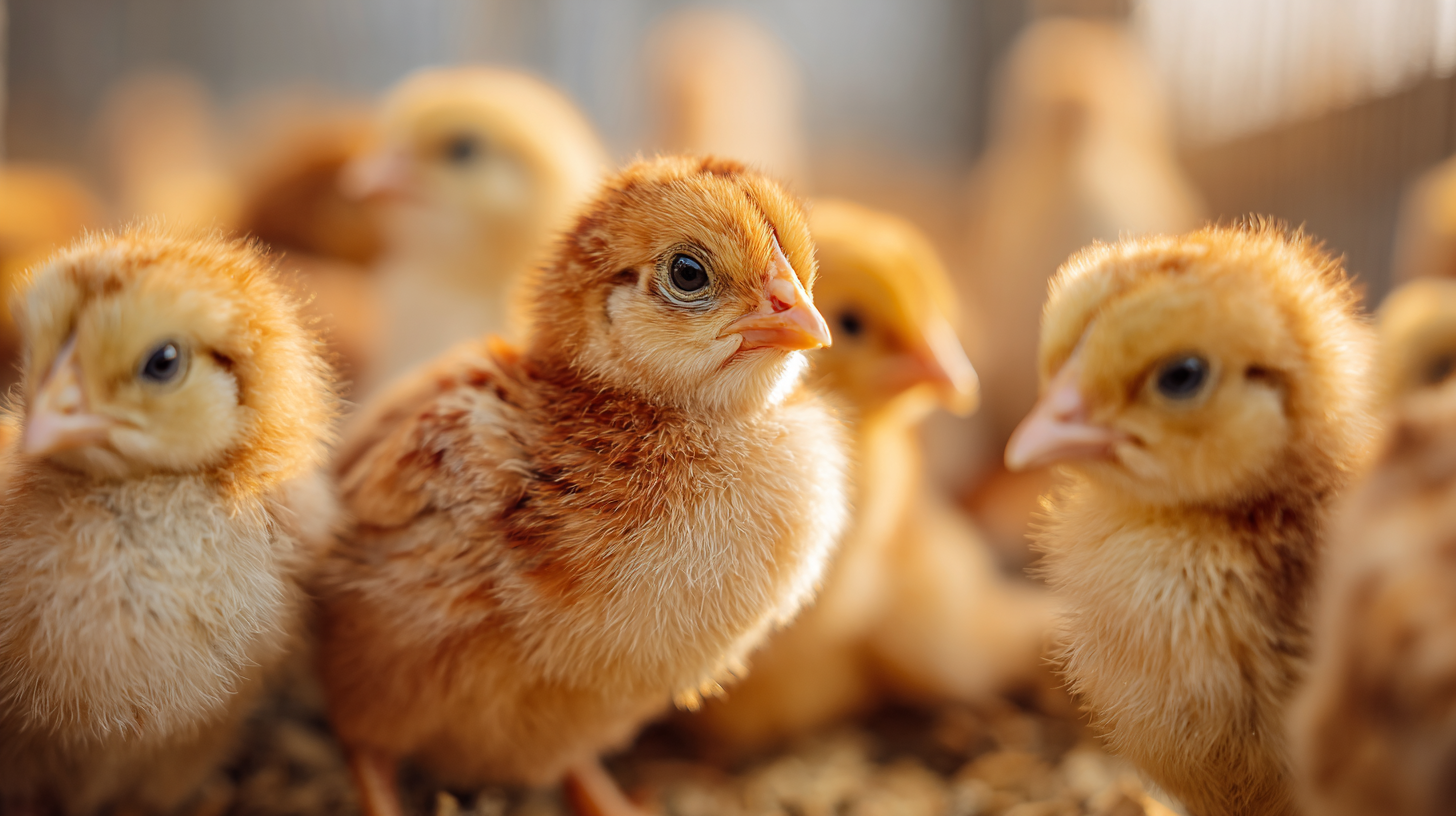 Furthermore, the incorporation of additives such as probiotics and enzymes into poultry feed has been shown to increase nutrient absorption and support gut health. A study by the American Association of Avian Pathologists revealed that adding specific probiotics could reduce mortality rates by up to 10% while improving weight gain by an average of 3-5%. By strategically utilizing high-quality feed and health-promoting additives, poultry producers can ensure their birds achieve optimal growth rates and maintain robust health, thereby maximizing productivity and profitability in their operations.
Furthermore, the incorporation of additives such as probiotics and enzymes into poultry feed has been shown to increase nutrient absorption and support gut health. A study by the American Association of Avian Pathologists revealed that adding specific probiotics could reduce mortality rates by up to 10% while improving weight gain by an average of 3-5%. By strategically utilizing high-quality feed and health-promoting additives, poultry producers can ensure their birds achieve optimal growth rates and maintain robust health, thereby maximizing productivity and profitability in their operations.
